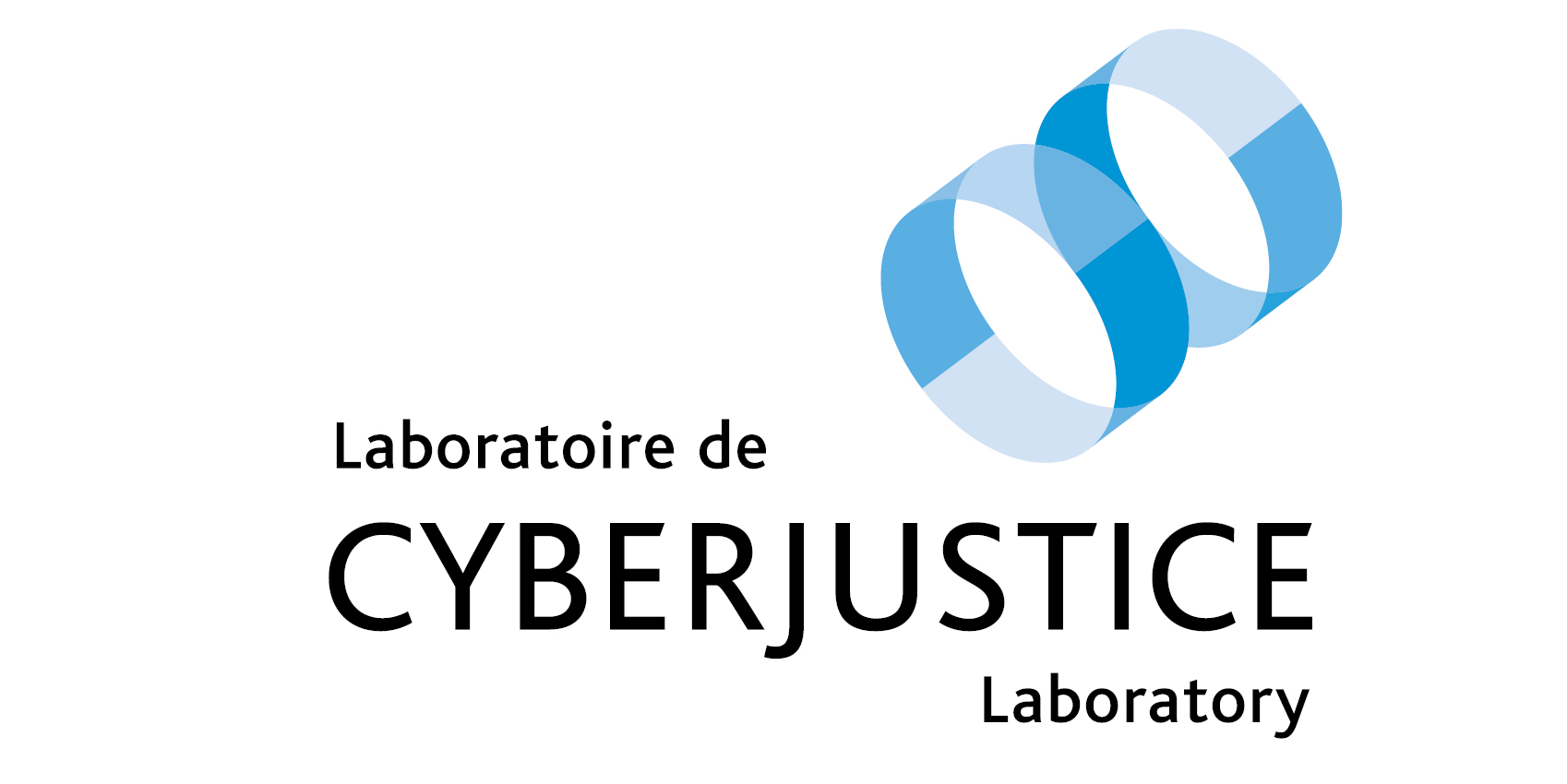How Access-to-Justice Efforts Are Changing the Consumer Legal Market
Back in November 2013, Sam Glover told Lawyerist readers that we could close the access-to-justice gap, but you’re not going to like it. Sam suggested (and I agree) that opening the market to providers outside the legal profession would substantially enhance access to justice, probably at a (short-term) cost in the range of quality in legal services.
As access-to-justice advocates turn more of their attention towards lawyer alternatives, the legal profession will start to face some difficult choices about its continued participation in the consumer legal market.
Lawyers Mostly Work for Businesses, not People
Let’s begin with an under-recognized fact identified by Professor William Henderson at the University of Indiana Maurer School of Law: “The work of lawyers is increasingly the work of businesses rather than people.” In a post last fall, Prof. Henderson recapped the results of the groundbreaking Chicago Lawyers I and II studies from the late 20th century:
Chicago Lawyer I showed that roughly half of lawyers in Chicago in 1975 were working for people and half were working for corporations. […] When the study was replicated in 1995 (Chicago Lawyers II), the data showed twice as many organizational lawyers versus people lawyers[.]
Ce contenu a été mis à jour le 22 février 2017 à 11 h 40 min.
